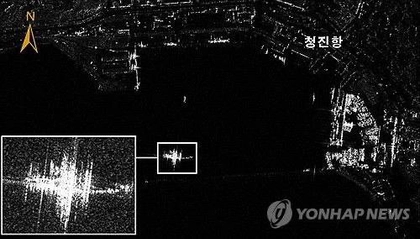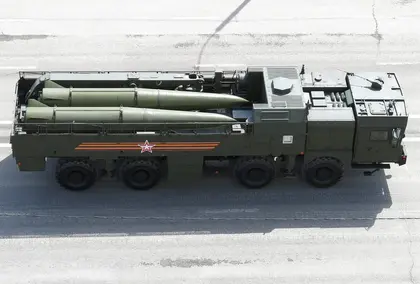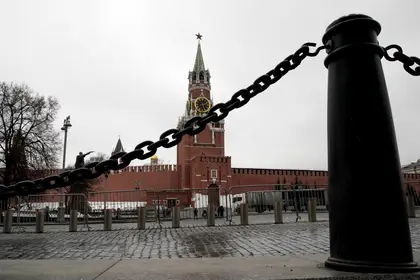The Russian air force over the weekend tried out new tactics, adding ground-launched missiles into the mix, attempting a sort of shell game with its strategic bombers and stitching together extra weapons out of spare parts – all in a mostly unsuccessful attempt to kick-start its long-range bombardment campaign against Ukraine.
The shift was accompanied by a change in targeting priorities, from Ukrainian energy infrastructure to purely civilian targets.
JOIN US ON TELEGRAM
Follow our coverage of the war on the @Kyivpost_official.
On April 28, Russian forces launched an estimated 21 missiles and two drones at targets in Ukraine. Armed Forces of Ukraine (AFU) gunners reportedly shot down 19 of these missiles. The majority of the weapons were launched by four Russian Tu-95 “Bear” bombers flying over the Caspian Sea, Ukrainian air force spokesmen said.
One weapon that got through was, reportedly, a ground-launched Iskandr-K missile, which is difficult-to-intercept but has rarely been used in past Russian strikes, fired from Russian territory south-east of Ukraine, according to Ukrainian air force spokesman Yuri Ihnat.
The Iskander-K hit an apartment building in the central city of Uman, collapsing multiple floors and killing 23 civilians, independent Ukrainian news platforms reported.
On May 1, Russian bombers launched another volley, firing 18 or 19 missiles. Most were delivered from as many as nine Tu-95 bombers flying over Russia’s northern Murmansk region and entering Ukrainian air space from the north, an AFU statement said.

Up to 12,000 North Korean Troops Transferred to Russia, Satellite Images Show
AFU officials said, Russian strike planners also deployed a pair of supersonic Tu-160 bombers for a simultaneous salvo from air space over the Caspian Sea as part of Monday’s attack, effectively hitting Ukraine’s air defense network from two directions at once.
The Ukrainians shot down fifteen cruise missiles. The most damaging missile to get through blew up, according to news reports, a stockpile of Soviet-era rocket motors in the central city of Pavlohrad. Two civilians died and forty were wounded in the massive blast.
The Ukrainian military magazine Defense Express on May 1, citing sources inside the AFU, said that at least one of the 21 missiles shot down on April 28 was a Russian Kh-101 cruise missile which, ground searchers found, sported a fuselage painted not in Russian Air Force gray, but red; a color normally used by the Russian military to show a weapon is experimental.
Ukrainian technical experts, followed quickly by Ukrainian social media analyzing images of the missile debris, found mismatches between the serial numbers of the missile’s parts as well as anti-jamming and guidance components. It seems the missile was assembled in 2021, while the other parts indicated a date of manufacture of January 2023.
The Kh-101 is, according to Kremlin statements, an advanced cruise missile that flies low to the ground to avoid radar detection with a 400-450 kg conventional warhead or a nuclear device with an alleged accuracy of 5 - 10 meters and a range of up to 2,500 km.
Reportedly, Russia held about 400 Kh-101 missiles in reserve when it started its war with Ukraine and had the capacity to manufacture a further 20 a month. Ukrainian military analysts have estimated, that following its failed campaign to use long-range weapons to destroy Ukraine’s infrastructure, the Kremlin has around 100 of the missiles left in inventory.
The April 28 to May 1 strikes followed a near two-month hiatus in missile attacks on Ukraine. Kremlin and AFU spokesmen, alike, linked this to the fact that Russia had nearly exhausted its reserves of long-range missiles.
You can also highlight the text and press Ctrl + Enter






